Alicia Mateos Cardenas is a PhD researcher at the School of Biological, Earth and Environmental Sciences in UCC and a member of UCC Green Campus. Alicia’s research is funded by the Environmental Protection Agency and looks at the impact of microplastics in the freshwater environment. Alicia also has international experience in marine projects such as loggerhead turtle conservation in Cape Verde and plastic pollution environmental education in the Galápagos islands.
What is your research about?
I am researching microplastic pollution, its uptake by freshwater organisms and the potential toxic effects that they might have. My PhD project is mainly focussed on testing microplastics similar to cosmetic microbeads and clothing microfibres and their interaction with aquatic plants and small crustaceans. I am also very interested in the transfer of microplastics through the aquatic food chain.
What do you hope to accomplish with your research?
We know that marine plastic pollution has its major source in land and also that rivers, for example, not only act as plastic transport vector but also as a sink. Before I started my PhD, about two years ago, the majority of the attention had been focussed on the oceans. That is the reason why my research has a freshwater focus. We are answering specific questions that hopefully will lead to a better understanding of the potential toxicity.
What could be the potential benefits?
As a researcher, I hope that my results will help advancing the scientific knowledge in the area. For example, we have shown that aquatic plants can adhere microplastics on their surface which then may be passed to consumers. It would be very interesting to see monitoring studies also sampling plant species for the presence of microplastics. Additionally, my PhD project has a very unique societal aspect too. We are funded by the Irish Environmental Protection Agency (EPA), with which we hold biannual progress meetings. They thoroughly track our progress and are very interested in our results. The outcomes of the project will inform their environmental policies.
What research is already out there on this subject? How will this research move things forward?
Plastic pollution research has grown exponentially over the last decade, however there are still important uncertainties related to the understanding of microplastic toxicity. With what we know so far, microplastics might not pose a physical threat to organisms, though they may act as vector of some other toxic chemicals. The problem could potentially be with nanoplastics, which are particles small enough to pass through and accumulate in cells.
Will be research be published and where?
Actually our first scientific publication “Polyethylene microplastics adhere to Lemna minor (L.), yet have no effects on plant growth or feeding by Gammarus duebeni (Lillj.)” was published very recently in the scientific journal Science of the Total Environment as part of their special issue on Environmental Plastics. We plan to publish further work in the form of publications in other scientific journals. There will also be an EPA report summarising our main findings, this will be published once the project is finished.
UCC Green Campus is part of FEE EcoCampus and Eco-Schools and is one of five programmes administrated by the Foundation for Environmental Education.

